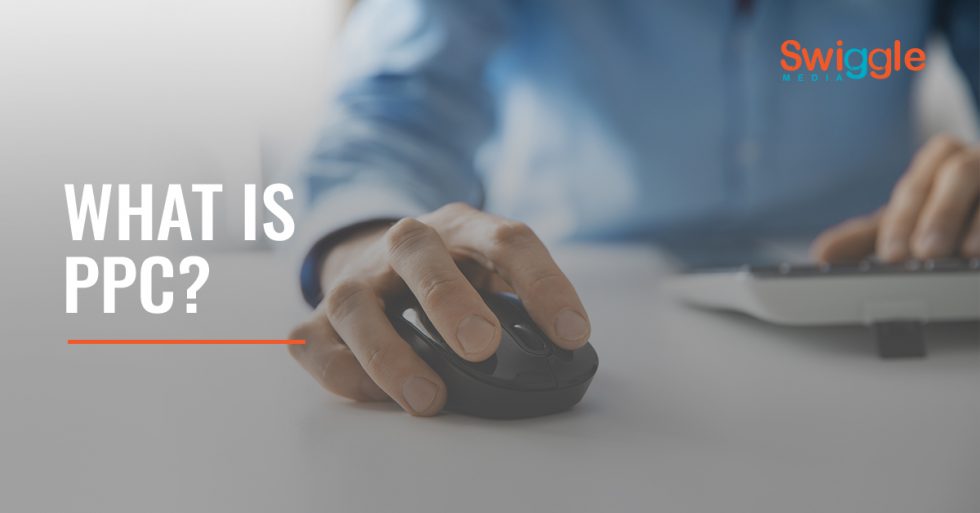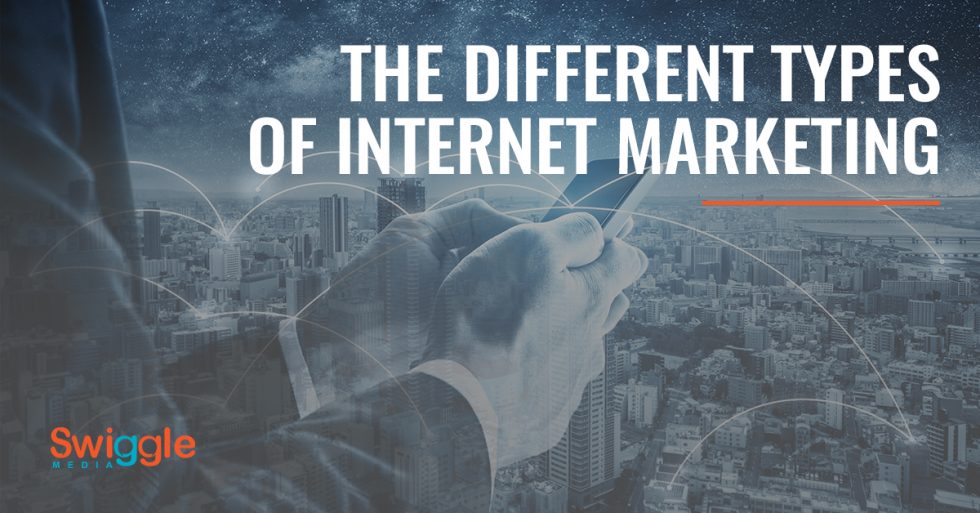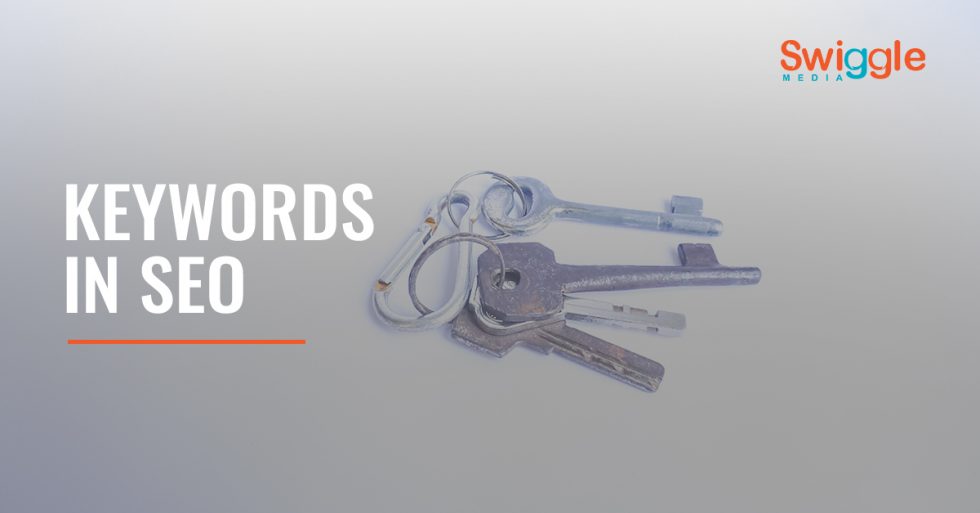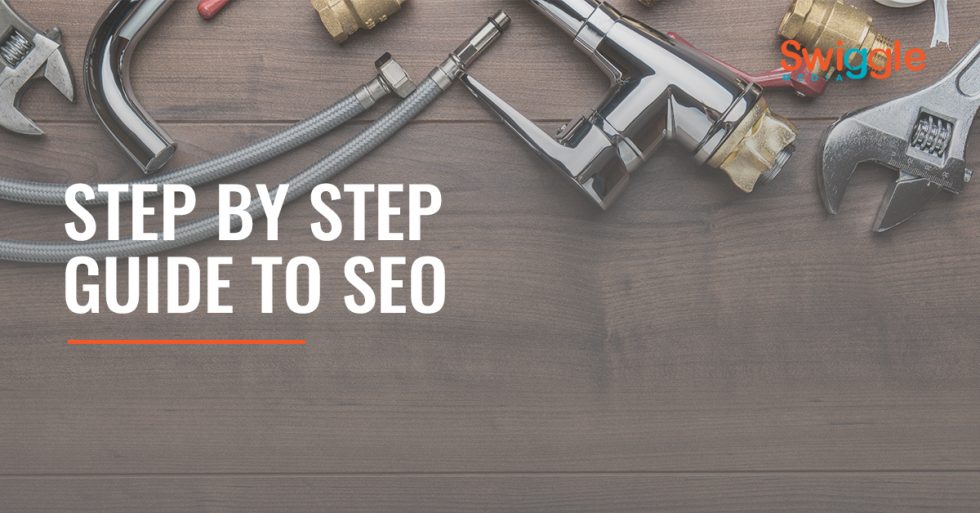PPC stands for Pay-Per-Click and it’s an internet marketing strategy where companies pay a fee every time their advertisements are clicked. It’s essentially like a pay as you go phone plan. If you don’t use any minutes, you don’t pay. If you were on the phone for 2 hours, you have to pay for those 120 minutes.
You may think “What if I get a huge influx of clicks and have to pay a hefty fee?”
Well if your PPC campaign works correctly, the fee is barely noticeable. If for every 5 clicks you pay $15 ($3 per click) and you get one sale worth $150, that’s $27 per click. Multiple that by 100 clicks and you made $2,700 in profit.
Sure, not every click is going to convert, but if 1 in 5 or even 1 in 10 make a purchase, you’re making a profit.
Do Your Research
Creating a PPC campaign is worth the cost, but it takes a lot of research and effort before it can be implemented.
Keyword research for PPC is extremely important and can effectively reduce the overall cost of a campaign when done properly. The entire success of your strategy is built around choosing the right keywords. It works just like a keyword centric SEO campaign except it’s paid and typically works faster, while an SEO campaign is free (unless you pay an agency) and works over the span of a few months.
Your PPC campaign needs to be as flexible and evolving as Google’s algorithm. The most successful campaigns will continuously expand and refine their keyword list to keep up with the ever-changing popularity of different keywords. It’s like using slang terms from the 70’s in the 00’s. It just doesn’t work.
The diversity of the keywords you add to your list matters. If you stick with short-tail terms, you’ll have a high competition rate and may never receive any clicks or show up in the SERPs. When you add more specific long-tail searches, the CTR (click-through-rate) and conversion rate will rise. These searches are also low competition. The more specific the search, the less saturated the field is.
The great thing about PPC avenues like Google Ads is that you can set a budget so you don’t wake up one day and find 10,000 clicks when you can only really afford 2,000.
When you set a budget, you can typically set it per dollar amount for each day, week, or month.
Target Your Ads
PPC allows you to choose exactly where your ad will be placed, which creates a more precise marketing campaign. Targeted keywords, interests, and demographics allow the perfect placement of your ad.
This lets your ad be displayed to those who are actively seeking your content and generate relevant traffic. Relevant traffic leads to higher conversion rates and efficient spending on your part.
Along with keywords, interests, and demographics, ads can also be device specific. If you want to only target mobile users or PC users, you can change the preferences on your ad campaign to do so. Typically if your website isn’t mobile friendly, which it should be, you wouldn’t want to target those devices because the quality rating of your site would go down.
PPC ads can be edited and tested to ensure they work effectively. By testing, you can see which keywords bring in the most relevant traffic. Your ad may bring in traffic but if it isn’t converting, it may be time to change your ad.
Another way to make sure your ads are properly placed is to apply geo-targeting.
Geo-targeting uses a person’s geographical location to give location specific ads when they search the internet. If your company is only Orlando based, you want your ads to target people in the Orlando area or within a certain radius of your location.
For example, if you have a Chinese restaurant located in Orlando, you’d want to advertise to anyone within a 10 mile radius or less. A person’s intent for searching “Chinese restaurants near me” is usually to go find one as close to them as possible, with regard to quality. Not many people would travel more than 10 miles for Chinese food.
Immediate results
Advertising is a race. You want your ad to be one of the first your targeted audience sees before they can go to another avenue and become someone else’s consumer. Because of this, you want your ad campaign to work quickly.
PPC is one of the fastest ways to advertise and get immediate results. It’s quick to set up, taking about half an hour (minus keyword research) and starts bringing in consistent traffic with high conversions in weeks.
If you’re looking for more exposure and visibility as you’re starting up, PPC is the right way to go.
SEO and PPC
PPC and SEO are related marketing avenues and they often go hand in hand. While SEO is important for the long run of your business, PPC can help quickly improve the overall ranking of your site.
One great thing about utilizing both is that PPC allows you to test keywords before implementing them into an SEO strategy. This ensures you’re using the correct keywords without having to wait a long time to see if those keywords are effective.
Although organic results using SEO are preferred, PPC is a shortcut that ensures fast results in terms of traffic, sales, and leads. It doesn’t, however, typically have long term effects the way SEO does.
The overall goal is to get clicks, but the actions of real people can be hard to predict. Some people have a preference for organic searches while others are influenced by paid searches. Using both SEO and PPC gives you an opportunity to cover both areas and reach both audiences.
This goes to show that a combination of different marketing strategies makes for a better overall campaign.




